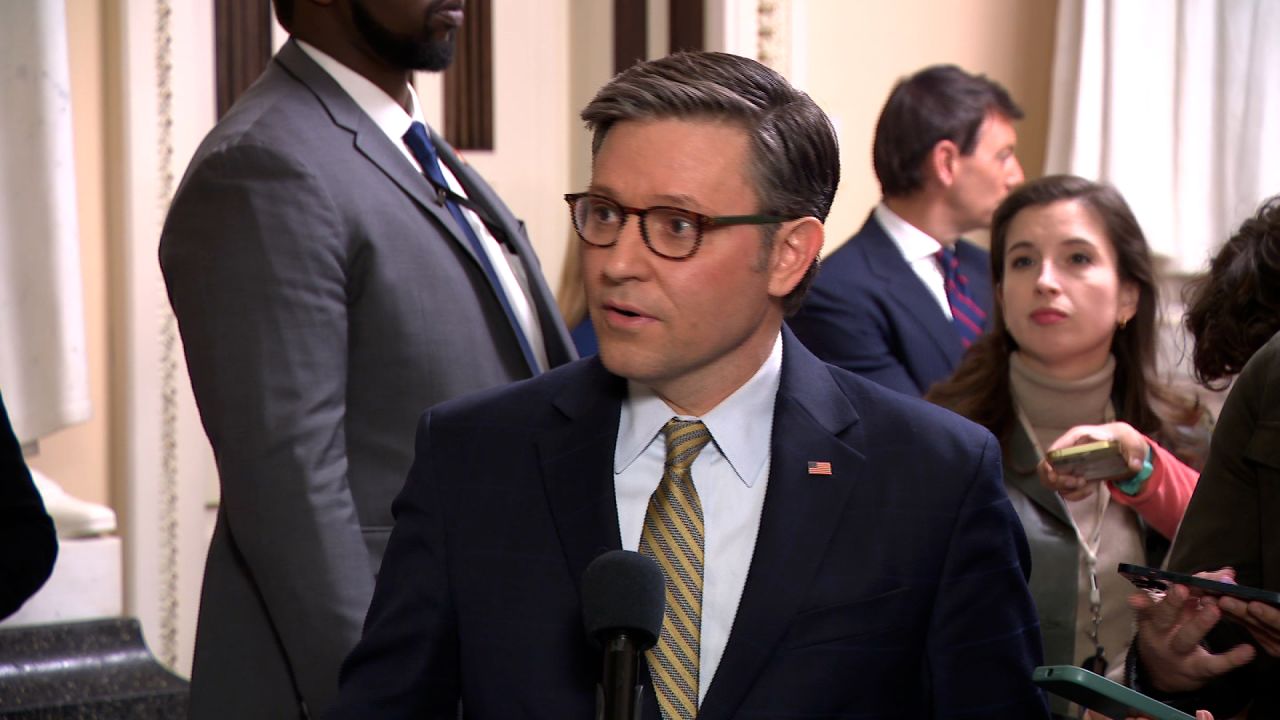The federal government could shut down in a matter of hours if Congress does not cobble together a temporary funding plan on Friday.
Here’s what Americans could soon face if Congress doesn’t reach a deal by midnight on Friday:
Agencies could shut down: Since Congress has not approved appropriations for any agencies, all would be affected. Every department and agency has its own set of plans and procedures for a shutdown, which last occurred during Trump’s first term and stretched from just before Christmas in 2018 to the end of January in 2019. The plans include how many employees would be furloughed, which employees are considered essential and would work without pay, how long it would take to wind down operations in the hours before a shutdown and which activities would come to a halt. Those plans can vary from shutdown to shutdown.
Potential impact on holiday travel: A shutdown could have an outsized impact on air travel since it would coincide with the busy holiday season. Roughly 59,000 of the agency’s more than 62,000 employees are considered essential and would continue working without pay during a shutdown, TSA Administrator David Pekoske posted on X on Thursday. However, during the 2019 shutdown, hundreds of TSA officers called out from work – many of them to find other ways to make money. So did many air traffic controllers, snarling flights.
National Parks: Should a funding lapse occur, routine visitor services would be available through Sunday, the National Parks Service said. The agency is still reviewing its contingency plan to determine operations for individual parks. However, some states could use their own funds to keep the national parks within their borders open. When a shutdown loomed in the fall of 2023, Utah said it would keep the Mighty 5 parks – Arches, Bryce Canyon, Canyonlands, Capitol Reef and Zion – open, while Arizona planned to keep the Grand Canyon operational. Colorado also said it would also keep its four national parks and other federal lands open.
Defense Department: More than 2 million US military personnel, including active duty and reserves, would continue their duties during a shutdown, according to the latest planning document from the Pentagon, but they could potentially work without pay until a deal is reached. It would depend, in part, on whether Congress would pass legislation similar to the one it approved prior to the 2013 shutdown that guaranteed that the military would be paid during the impasse. Meanwhile, the Department of Defense’s robust civilian workforce supporting service members’ efforts could be affected. About 45% of the civilian workforce – more than 800,000 employees – would be furloughed.
Read more about everything that could be impacted during a government shutdown.
CNN’s Haley Britzky and Jennifer Hansler contributed to this report.































